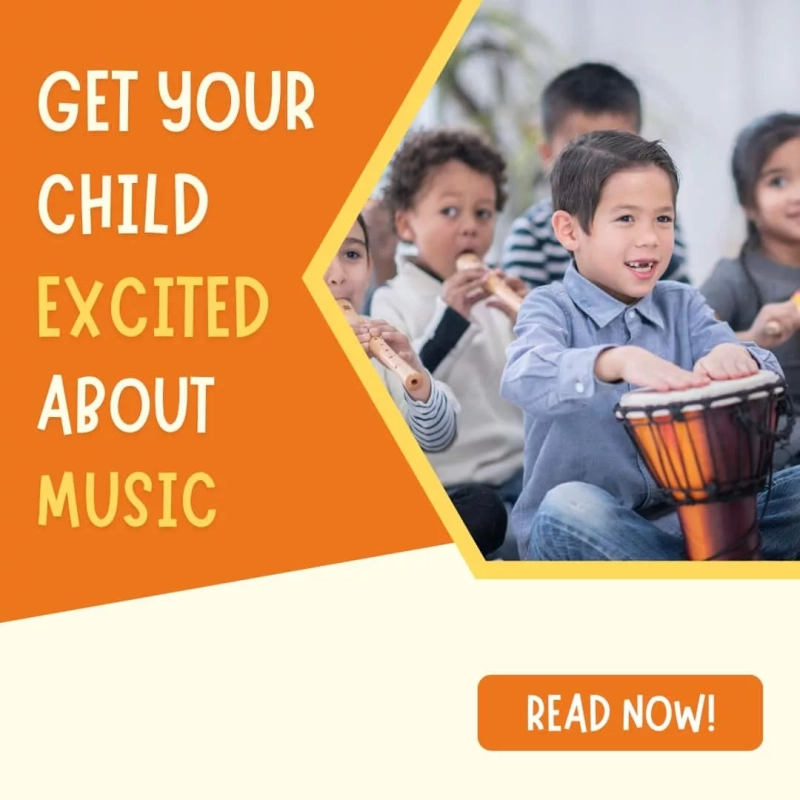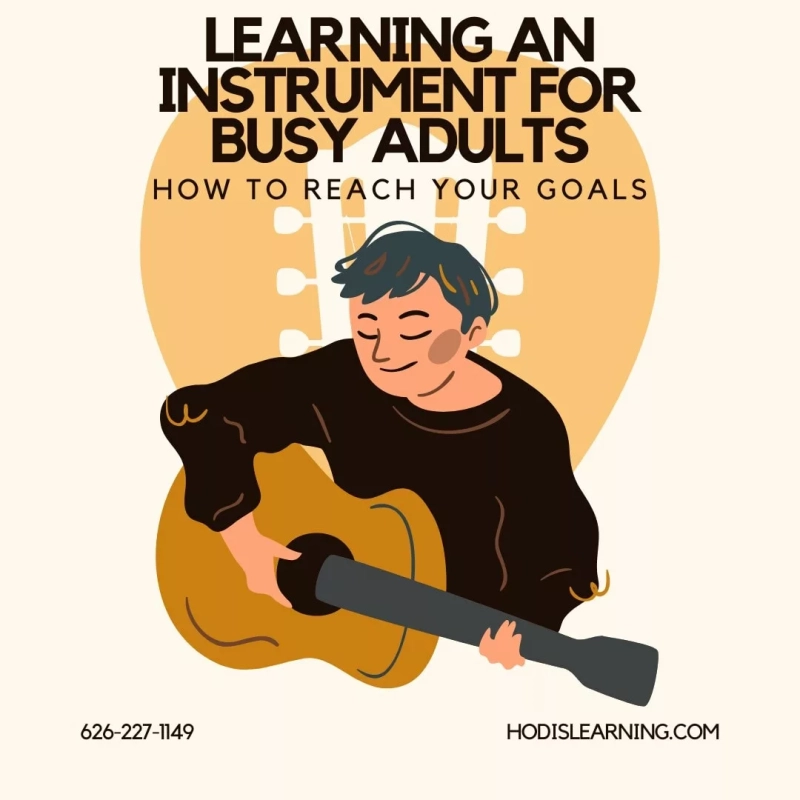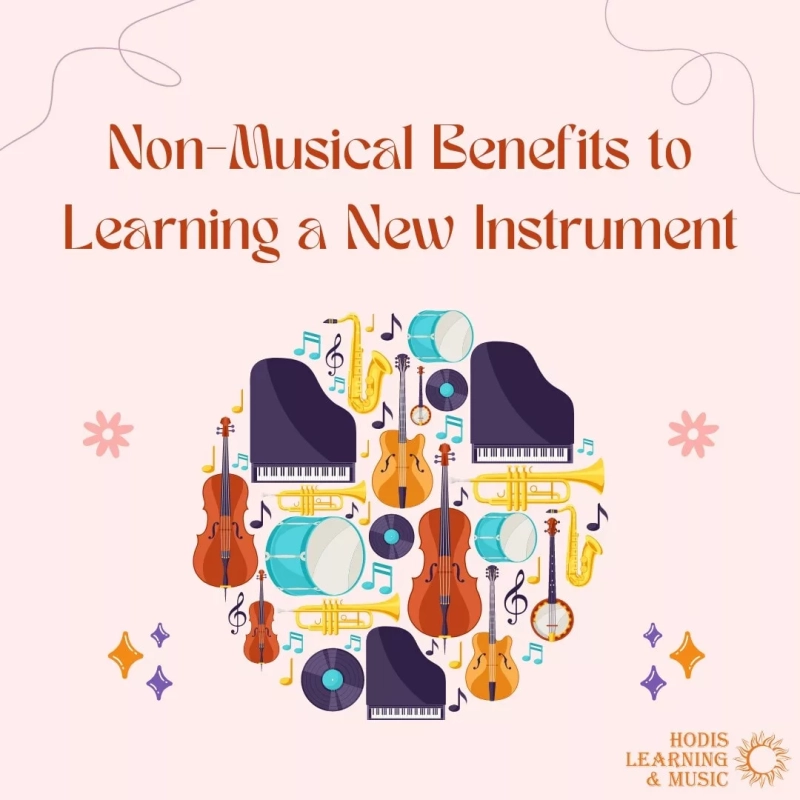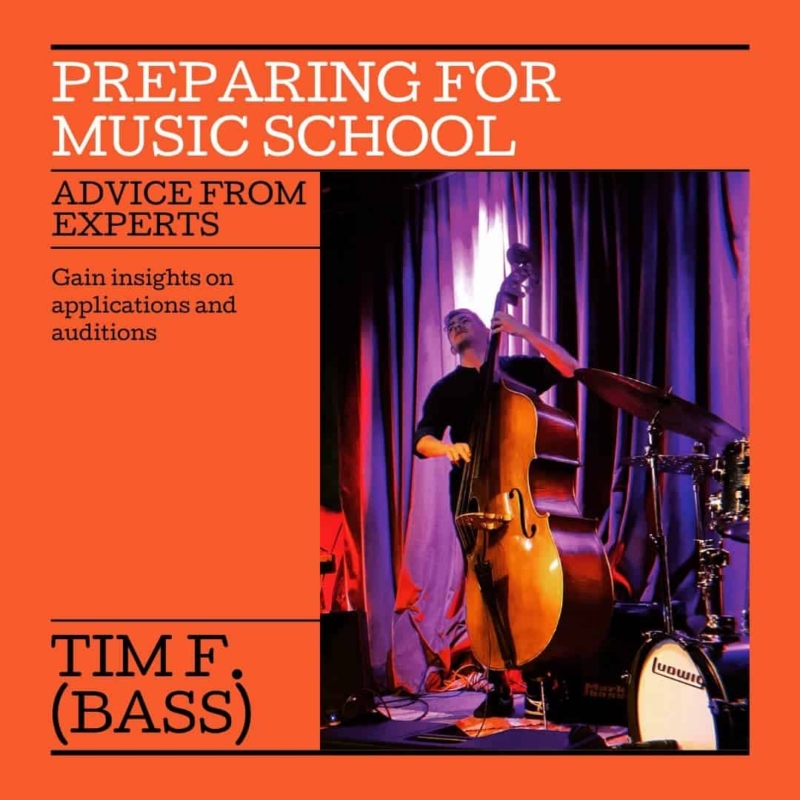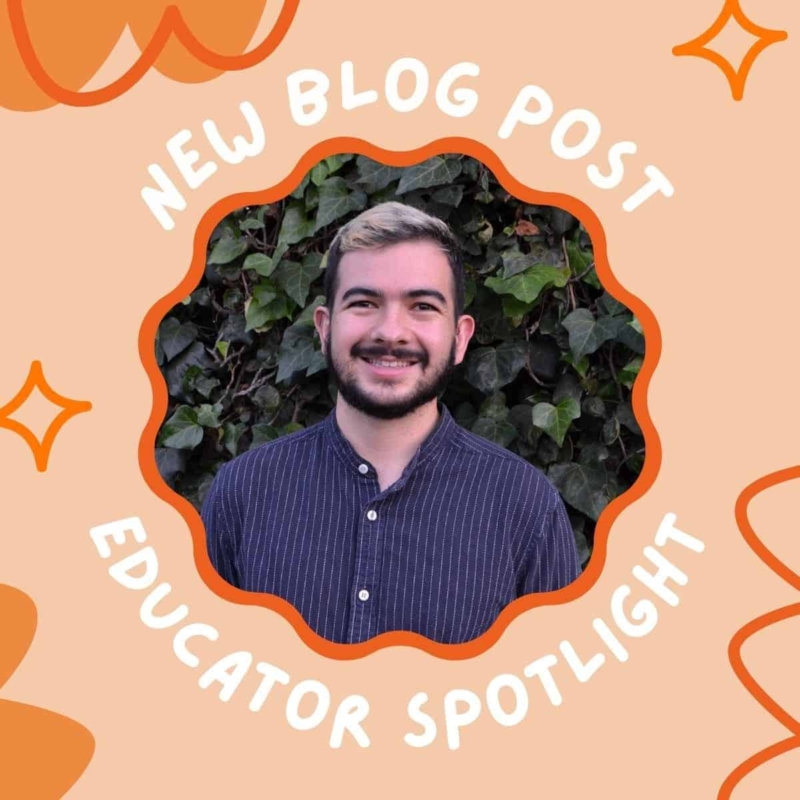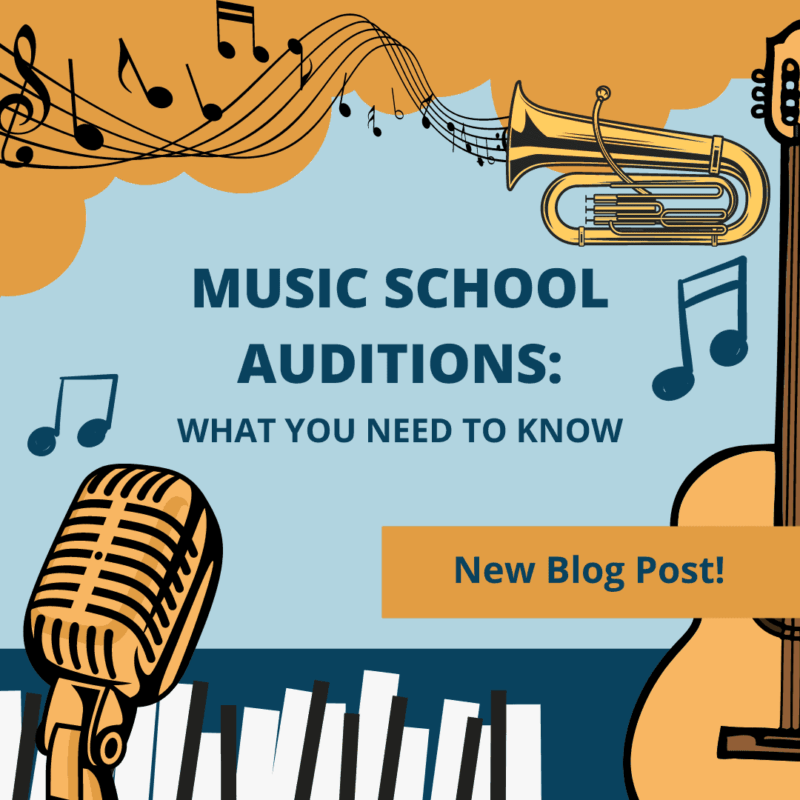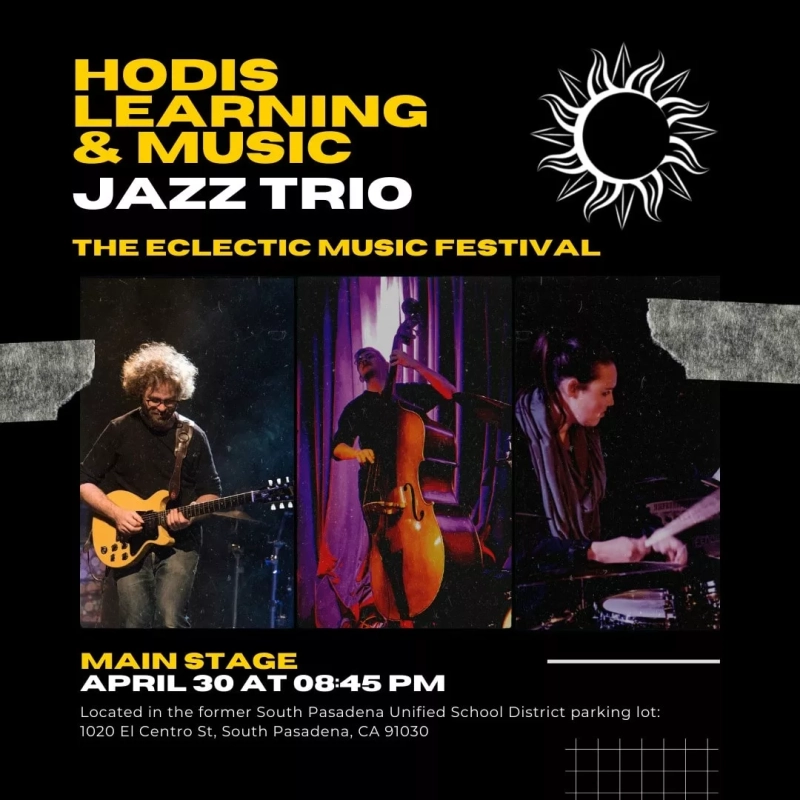Allow them to choose their instrument
It’s important for children to develop their own interests and discover their likes and dislikes. Also, your student might be more resistant to the idea of learning an instrument if they feel they are forced to play something that they don’t get a say in. We have expert music educators that can teach almost any instrument, so take a look and discuss options with your child.
Celebrate victories, big and small
Learning an instrument will take time, so make sure you’re encouraging your student throughout the process. Additionally, it won’t always be easy. There might be times when your student gets frustrated or discouraged. Encourage them to keep working hard and acknowledge the progress they have made. Consider tracking progress visually or reward your child after reaching a goal with a fun activity or treat.
Encourage and attend performances
Performances serve as an opportunity for students to set a goal, rehearse, and share their progress in front of peers, family, and teachers. It can also be a wonderful way for them to gain confidence because it can be quite intimidating to perform in front of other people. Your encouragement and presence at their performance will help them see how important it is and how exciting performances can be.
Listen to music with them that you know they like
Keep interest in music up outside of your student’s lessons and performances. Listen to music they like in the car and at home. Ask them questions about why they like this particular music or simply share that you enjoy aspects of it as well.
Book Private, 1-on-1 Music Lessons With Hodis Learning & Music!
Schedule private music lessons today by calling (626) 227-1149 or emailing us. Our expert music teachers studied their instrument at the university-level and have been teaching music to students of all ages for many years.

